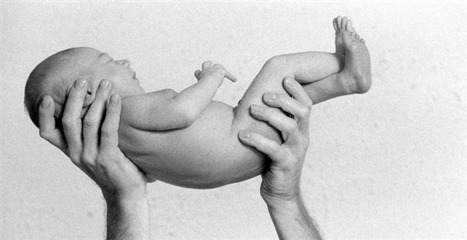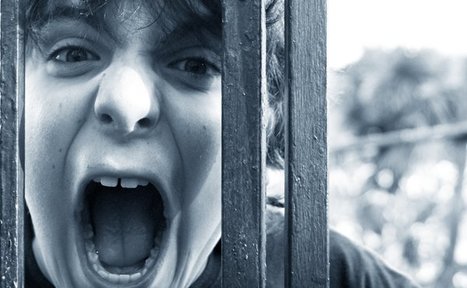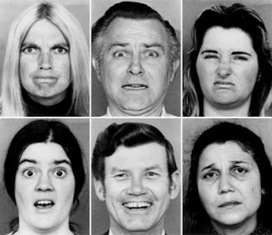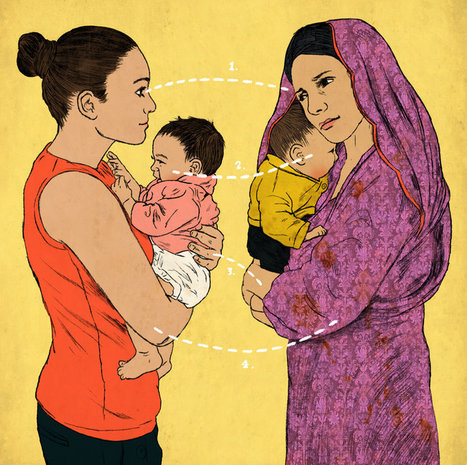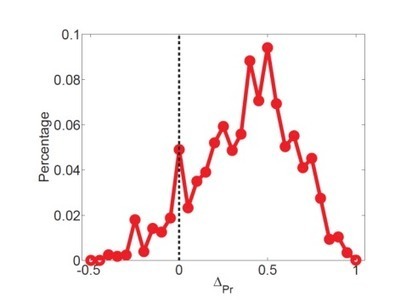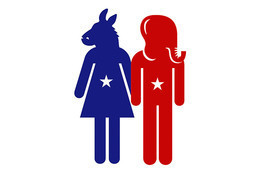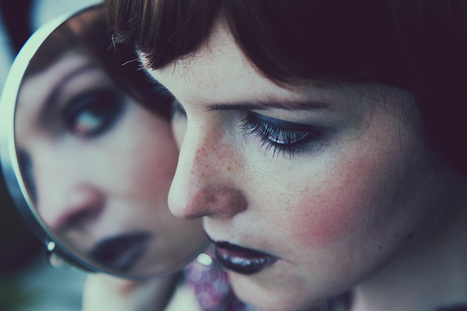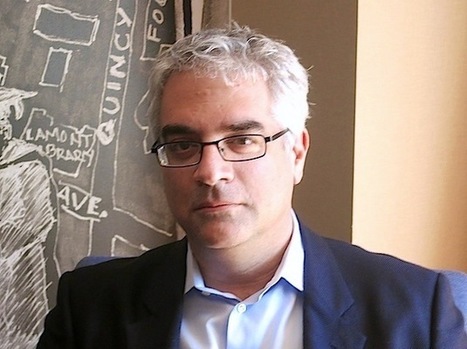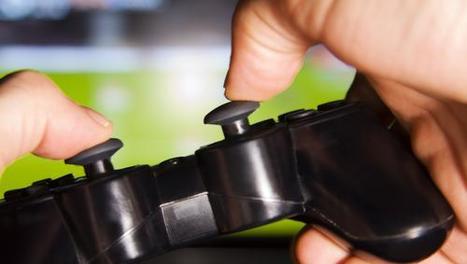In many ways social gifting shrouds purchasing in a cloak of generosity, since the social streaming context removes the gaucheness of sharing these gifts.
Get Started for FREE
Sign up with Facebook Sign up with X
I don't have a Facebook or a X account


 Your new post is loading... Your new post is loading...
 Your new post is loading... Your new post is loading...
In a dog-eat-dog world, people still
cooperate, collaborate, and help each other out. Our species’ urge to work together has remained
an evolutionary paradox, seemingly at odds with Darwinian theory—until now.

Harry Madigan's curator insight,
October 3, 2014 9:56 PM
It was refreshing to see some optimism in this piece :). I had been trudging through so many negative articles about uncredible and unauthentic pieces, however finding this reinforced my faith.
This article explores the notion of collaboration and cooperation being a characteristic of human nature.
I found it difficult to rank this piece below "How to destroy your credibility by sacrificing Authenticity" as it is extremely informative and inspiring, yet though it is more so based on theory and ideology i feel the former source is more imperative.
If You're So Free, Why Do You Follow Others? The Sociological Science Behind Social Networks and Social Influence.
The Prize was announced this morning and the laureates are Alvin E. Roth of Harvard University and Harvard Business School and Lloyd S. Shapley of the University of California, Los Angeles. The work they have been honoured for concerns matching problems
In the famous "marshmallow experiment" four decades ago, researchers at Stanford University presented more than 600 four-year-olds with a marshmallow and told the kids that if they could resist eating it for an unspecified amount of time (actually 15 minutes), they would get two marshmallows.
Researchers followed up with the participants over the next several years and found that those who were able to wait for the second marshmallow as children tended to enjoy more success later in life, from higher scores on their SATs to lower body mass index.
A new small study that plays on this experiment suggests that the ability to delay gratification might be impacted as much by the environment as by innate self-control....
Infants who have a close, intimate relationship with at least one parent are less likely to experience emotional or behavioral problems in childhood, according to a University of Iowa study.
Testosterone, the male sex hormone previously linked to aggression and criminality, may actually foster pro-social behaviors by increasing honesty in men.
University of Toronto psychologist Keith Oatley presents data that seems to show that reading novels improves one’s ability to understand and empathize with others. He demonstrates using brain imaging, that the parts of the brain that are activated when reading stories are the same as those that we use in social interactions. So perhaps the next time you don’t see eye to eye with somebody, the two of you should dive into a good book.
Adaptive accounts of modern low human fertility argue that small family size maximizes the inheritance of socioeconomic resources across generations and may consequently increase long-term fitness.
"For people who already feel separate from the crowd, social rejection can be a form of validation," says Johns Hopkins Carey Business School assistant professor Sharon Kim, the study's lead author. "Rejection confirms for independent people what they already feel about themselves, that they're not like others. For such people, that distinction is a positive one leading them to greater creativity."
If you were a young adult Ethiopian wolf, you would have a choice to make: Should you be a member of a monogamous breeding pair or a helper to an already established breeding pair (who are probably your parents)? The choice seems obvious, right? I mean, who wants to be a helper? Why should you forgo all the glory and status of being part of the breeding pair to be a babysitter?
Given that lower-class individuals are more dependent on their social environments and on others than their upper-class counterparts, we might also expect that these individuals will exhibit more emotional contagion in interactions. Specifically, being constantly vigilant of others' emotions may make an individual prone to unintentionally experiencing the emotions of others.
Empirically speaking, does the experience of compassion toward one person measurably affect our actions and attitudes toward other people? |
A growing pool of archaeologists are finding evidence that, even in ancient times, humans have banded together in order to take care of severely ailing and disabled people.
Louis's comment,
April 23, 2015 4:26 PM
Good topic!! We are working on that!! We are trying to create a foundation, to help disabled people feeling integrated in society. We are trying with the automotive path; http://www.virginmediabusiness.co.uk/pitch-to-rich/new-things/opus-foundation/ You can share your interest by simply voting! Thank you!!
In online discussions, people provide vital emotional support for others. Now computer scientists have created an index that automatically identifies Good Samaritans.
Contrary to popular belief, major holidays are actually associated with a lower number of suicides, but days in the beginning of the week, and in the start of spring, were linked to more suicide attempts. 
Noah Schmidt's curator insight,
May 23, 2013 10:20 AM
The fact that there are lower suicide attempts around the holidays suggests that family support and communication can boost mood and therefore have people reconsider taking their own lives. I believe this is true because during the holidays they realize how much they are loved and how hurt their family would be if they were gone.
Daniel Kahneman makes an important point, one rarely addressed so directly in academic circles -- that the ego-clashes we tend to excuse among high-achievers are dangerously counterproductive when it comes to advancing human knowledge. He proposes adversarial collaboration as one alternative.
The article, based on a survey of members of the American Economic Association, found that more female than male economists favored policies that lead to a redistribution of income.
Given the benefits of psychological safety, organisations may want to make efforts to facilitate it, by giving permission to speak out; leaders can role model this, even showing they are prepared to be fallible in public. It's noteworthy that a team may work well and be cohesive without necessarily feeling psychologically safe, so it can be worth evaluating exactly what the conditions are within a group, particularly if groupthink and unexamined ideas would pose highly negative consequences.
“Our environment, the world in which we live and work, is a mirror of our attitudes and expectations.” – Earl Nightingale, American motivational speaker
From
edge
These three things—a biological hurricane, computational social science, and the rediscovery of experimentation—are going to change the social sciences in the 21st century. With that change will come, in my judgment, a variety of discoveries and opportunities that offer tremendous prospect for improving the human condition.
Why can’t we accept differences in moral opinion the same way we readily accept differences in other opinions like music preference? What makes moral attitudes so different and divisive?
From
phys
Consumers enjoy products more in the long run if they don't overuse them when first purchased, according to a new study in the Journal of Consumer Research. |




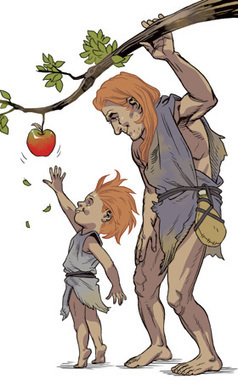
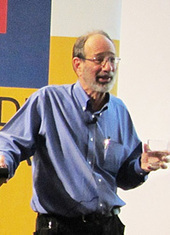

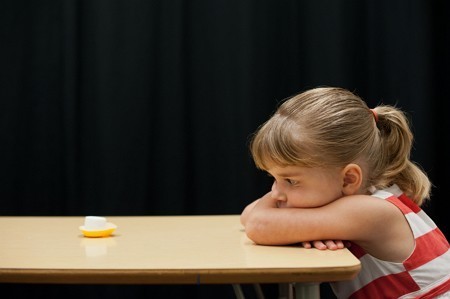
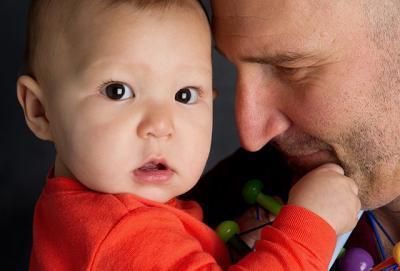

![[VIDEO] Reading for Better Understanding | Science News | Scoop.it](https://img.scoop.it/0anfHYGHVOzau_lhsUgCLDl72eJkfbmt4t8yenImKBVvK0kTmF0xjctABnaLJIm9)

